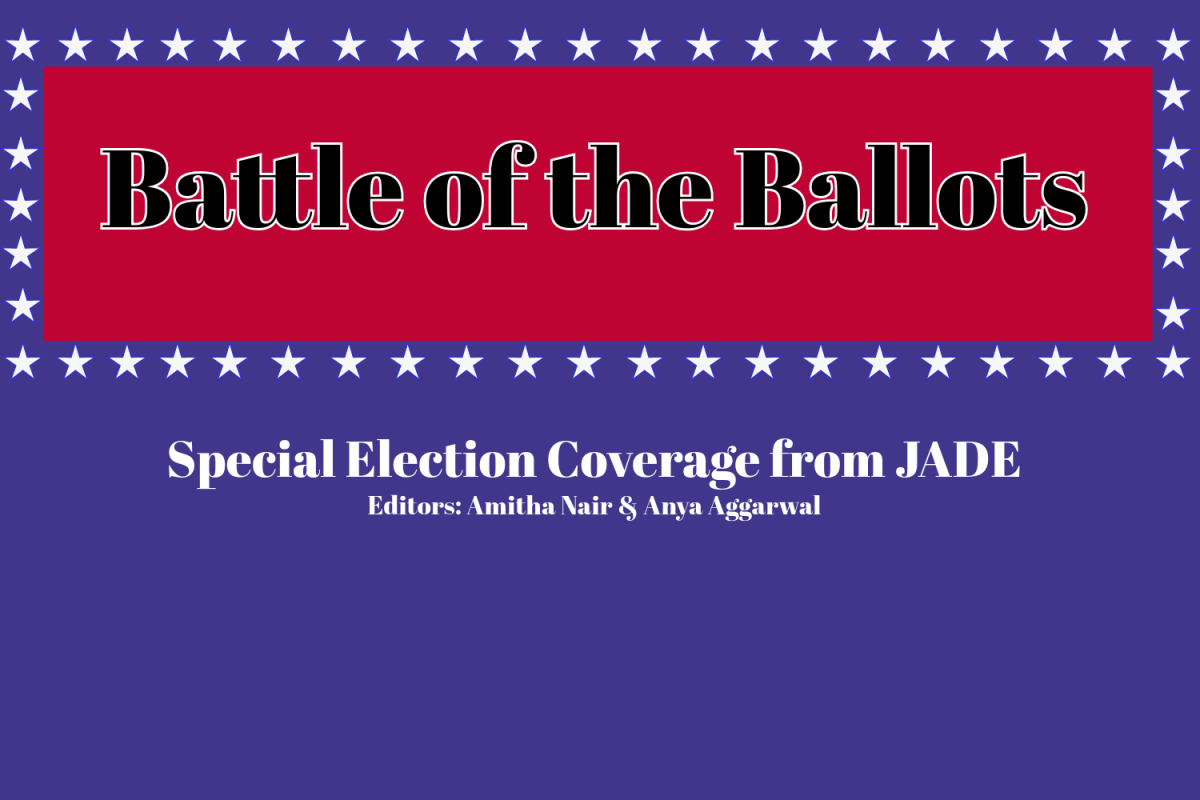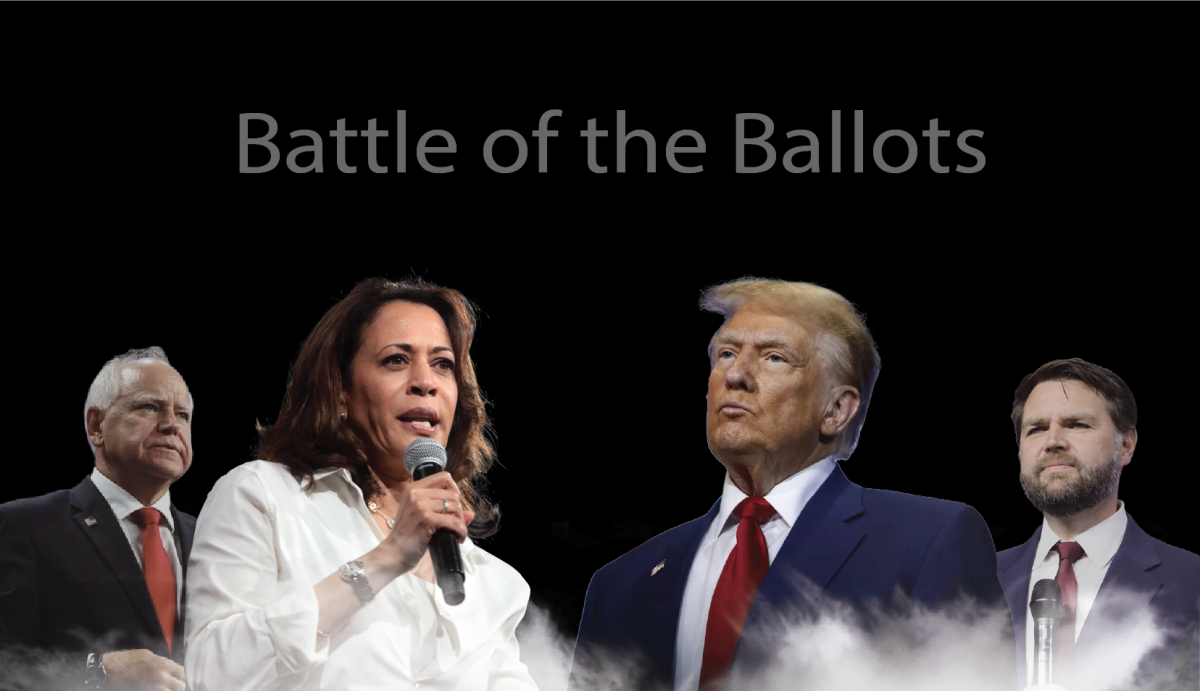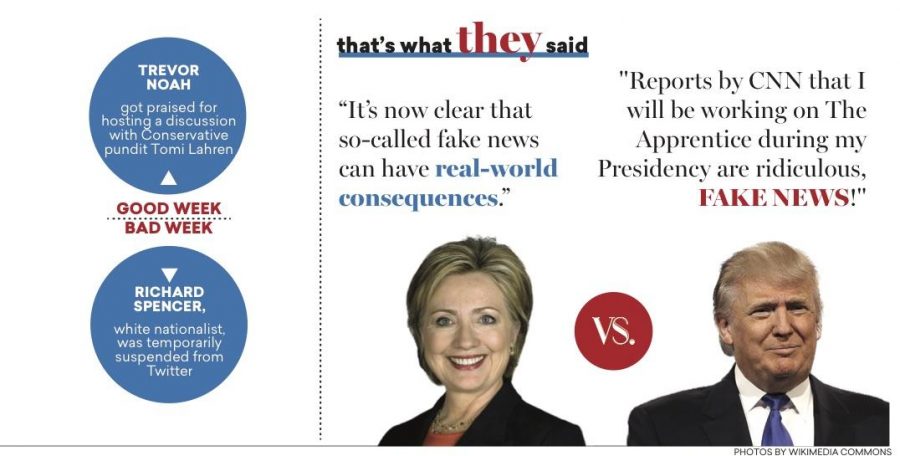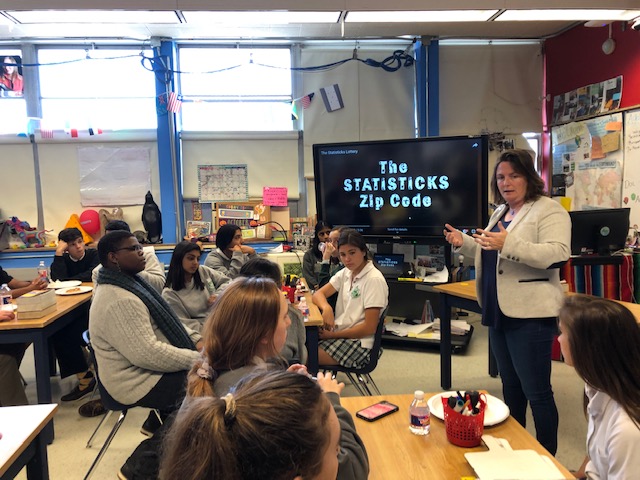Third parties in the American political system are often overlooked compared to the two main parties, Democrat and Republican. However, there are still dozens of recognized minor parties across the country. Most often, third parties gain recognition from presidential nominations and major elections. Although third-party candidates have yet to gain enough support to win a presidential election, many congress members opt to switch from their main party to an Independent once elected, leaving their previously affiliated ideologies behind.
The assumption that all parties fall on a spectrum between the two major parties hinders the individuality of each minor party. Many third parties center their campaigns on political topics that are not paid much attention to by the two main parties. For example, the two largest third parties in the United States are the Libertarian and Green Parties. The Libertarian Party has little tolerance for government interference in any personal, family, and business decisions. In short, Libertarian’s main concern is that peaceful, honest citizens should be able to live their lives freely, without fear of criminal or civil penalties. Comparatively, the Green Party has a more defined list of values. The Green Party promotes “green politics,” such as environmentalism, nonviolence, and social justice.
“For someone who isn’t familiar with the green party, I would say we are a grass roots organization,” Robin Lee Vargas, Green Party candidate for Texas State Senate District 27, said.
A grass root organization is one that is largely volunteer based and run by people whose priorities revolve around activism and social movements. Vargas explains that the Green Party refuses donations from corporate or lobbyist establishments.
“We’ve seen in the past how corporate donations can alter a candidate’s perspective and change their political agenda,” Vargas said.
Vargas explains that due to specific ballot rules, the Green Party needs at least 2% of the presidential vote in Texas to continue to have ballot-access for the next ten years. Ballot access for them is crucial, but very hard to achieve.
“It has been challenging, but I am really hoping some of us Greens win this year so people can start realizing we can be an option,” Vargas said.
In the 2024 election, three candidates that identify with third parties are running for president: Chase Oliver, Jill Stein, and Coronel West. Currently, Chase Oliver appears on 47 ballots, Jill Stein appears on 38 ballots, and Coronel West appears on 30 ballots.
Chase Oliver is a left leaning Libertarian who used to be a Democrat. Previously, he served as a political activist, Human Resources representative, and sales account executive. In addition, he had run to represent Georgia’s fifth congressional district in 2020 but did not win the role. Oliver’s campaign focuses on reforming immigration laws, gun rights, and lowering federal spending.
Next, Jill Stein is a Green Party representative who wants to create the Economic Bill of Rights: right to employment, health care, housing, food, and education. Stein is also an environmental health advocate who supports working to find solutions for climate change and protecting abortion.
Finally, Cornel West, a professor at the Union Theological Seminary, is an Independent known for his progressive activism. By running as an Independent, West believes that he can create polices for the people rather than centered around political parties.
According to Cornel West 2024, “he enters the 2024 Presidential contest at a time in which he describes a national crisis of moral bankruptcy and spiritual obscenity driven by a derelict duopoly of both major parties.”
As the 2024 Presidential Election continues, these three candidates remain the only Third-Party Candidates. When asked their opinion, both Ms. Mosley and Ms. Ashraf, upper school government teachers who have experience in educating their students on the origins and development of the United States government, offered their insight. Both teachers believe that the election system creates obstacles for third parties since the system was developed on the idea of two parties and media attention favors the two major parties.
“Congress, even, is built around the two-party system. We do sometimes have independents that are elected to Congress, but they end up just having to get limited in with one [side] or the other,” Mrs. Mosley said.
As a result, this leads to mentality of the wasted vote theory: since historically third parties do not have a lot of success, people who want to vote for a third-party candidate often fell as if their vote is a waste and will not influence the election. Therefore, citizens tend to vote for one of the two traditional parties rather than a third-party.
“It’s kind of a self-fulfilling prophecy because if everyone thinks that they’re not going to do anything, and they don’t vote for a third party. Then, the third party doesn’t get elected,” Mrs. Mosley said.
Although there is an increased number of people who identify as independent or have reported feeling dissatisfied with the two major parties, according to Pew Research Center, there is still a small amount of people who think it’s likely for third party candidates to win in the next 20 years.
“I don’t think they have a chance of winning the election just because it generally is a two party Democratic or Republican country. But they do influence the votes, so they can take votes away from either party depending on who is a candidate and what their platform is,” Mrs. Ashraf said.
This belief is also known as spoiler effect: if a third-party candidate enters the race, and they are ideologically similar to a major party candidate, people believe that the candidate can steal votes away from that major party. This ultimately causes the opposing party to win and ‘spoils’ the election.
Moreover, third-party candidates can also play a big role in influencing public policy and bring awareness to new issues.
“The candidates can write to their representatives or whoever does become president, and they will need to address [new policy issues]. As a result, third-party candidates indirectly have an impact on policy,” Mrs. Mosley said.
Although third parties do not have a high chance of winning Presidential Elections, they can greatly influence the outcomes by bringing awareness to arising problems.









